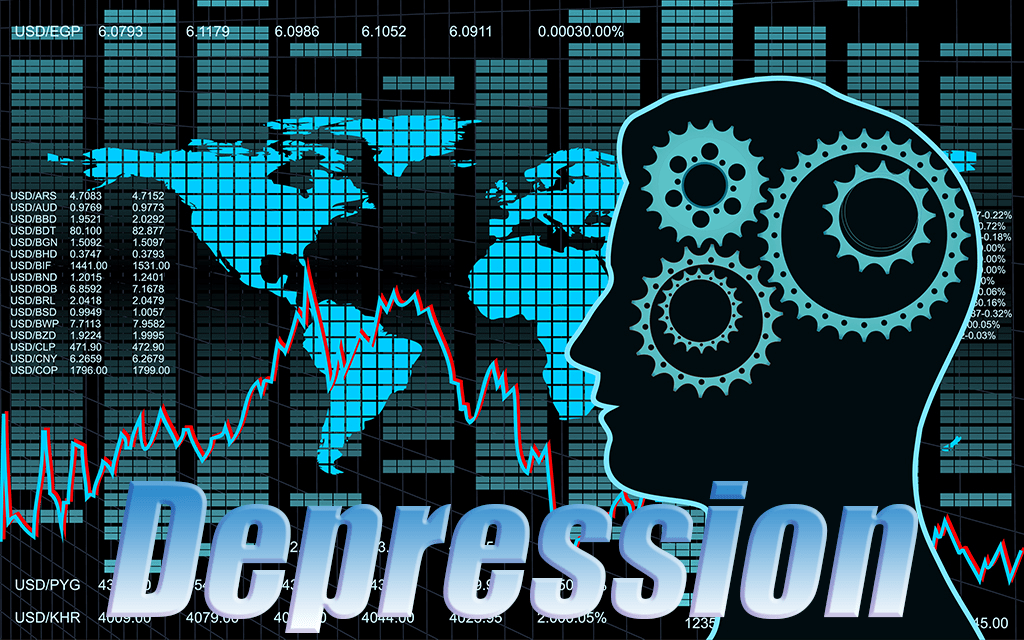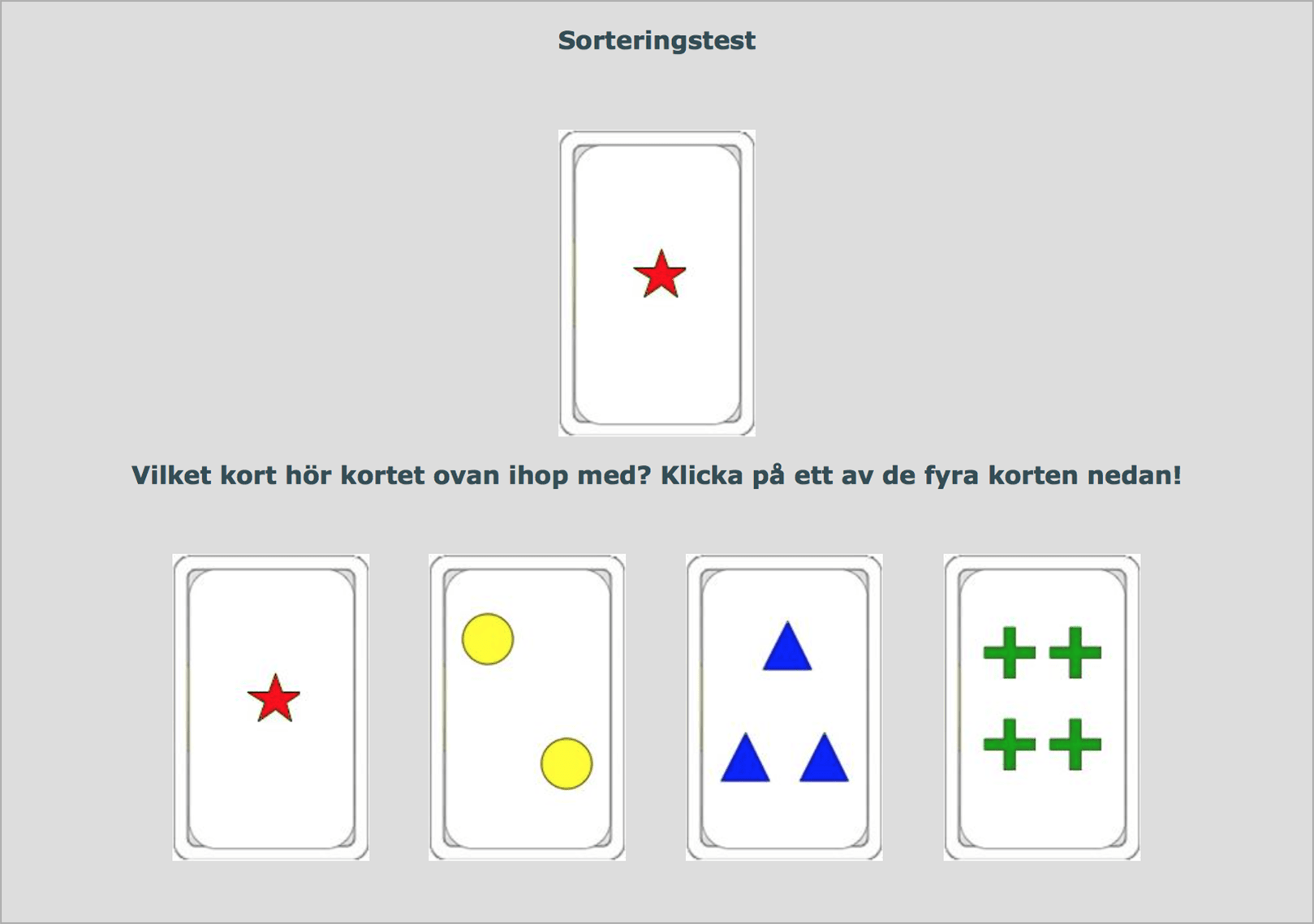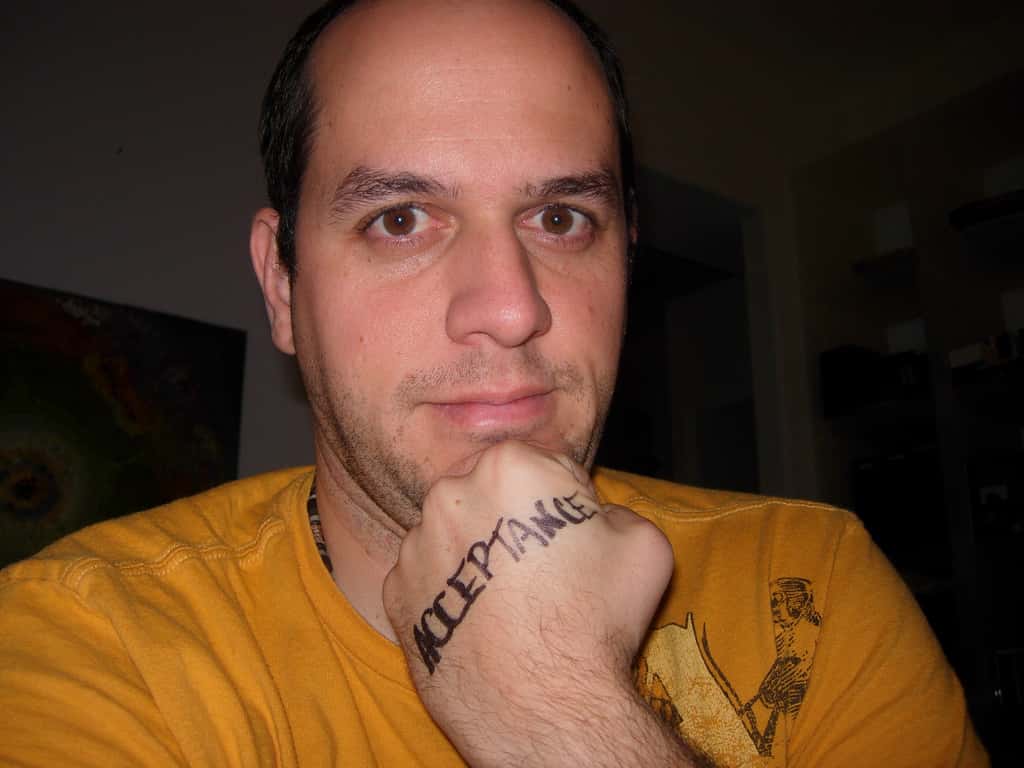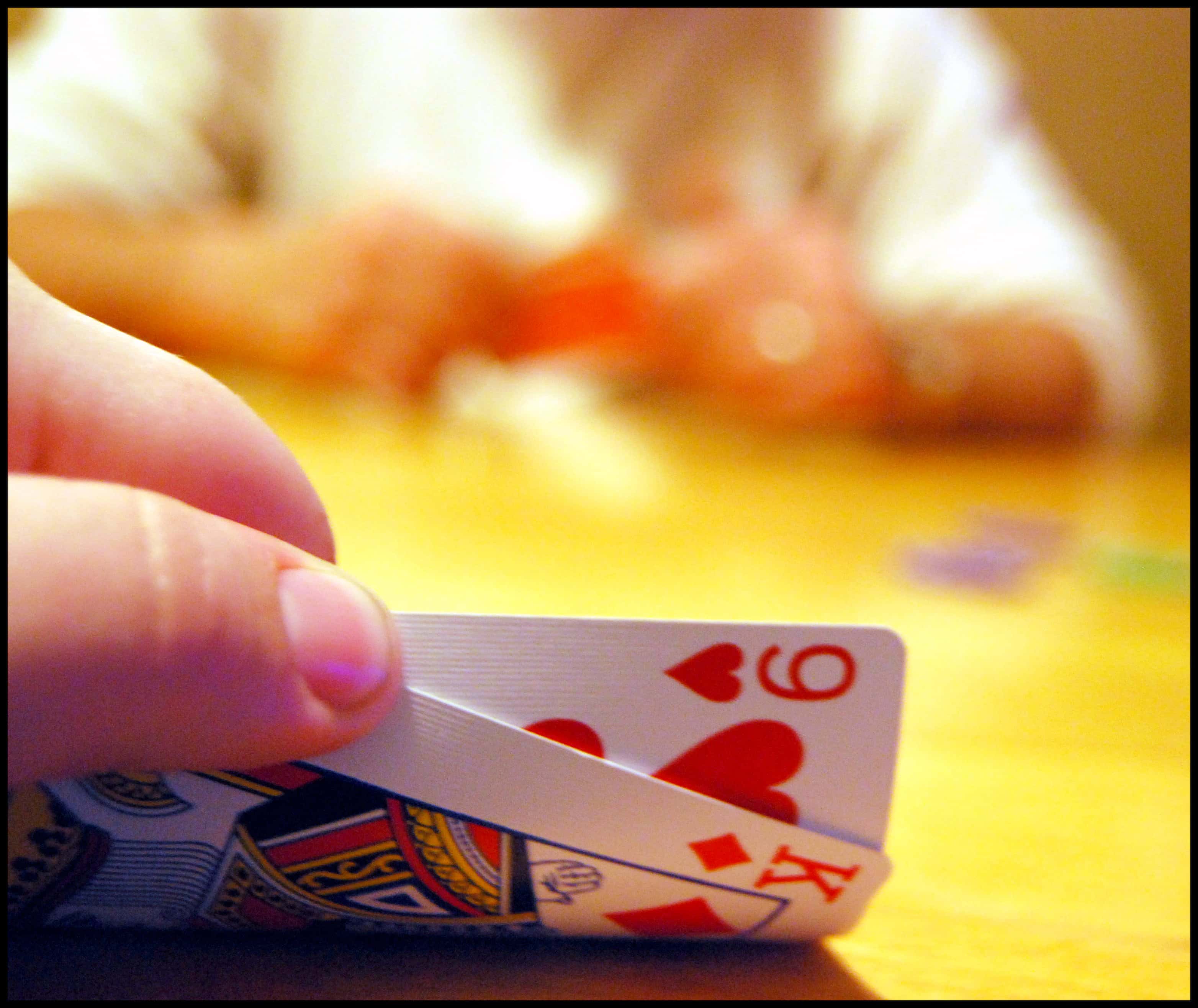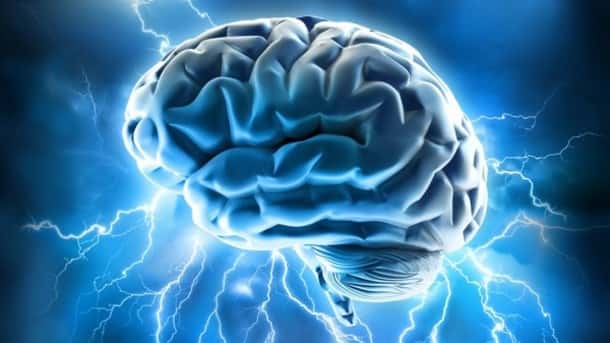On the measurement of procrastination: Comparing two scales in six European countries
Procrastination is a common problem, but defining and measuring it has been subject to some debate. In a paper that was just accepted for publication in Frontiers in Psychology presents the results from 2893 students and employees in Finland, Germany, Italy, Norway, Poland and Sweden using the Pure Procrastination Scale (PPS) and the Irrational Procrastination Scale … Läs mer!

